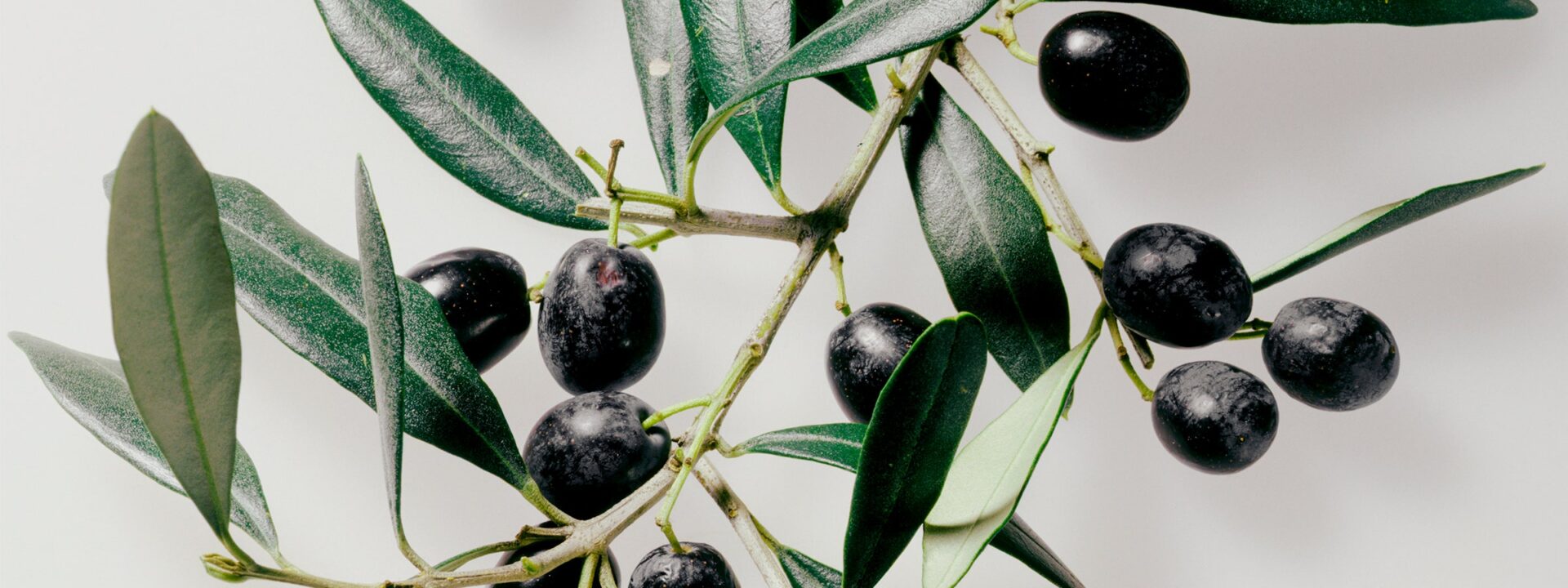Looking for healthy snack options? Don’t overlook black olives. This classic Spanish treat packs a surprising nutritional punch.
“Olives aren’t just a snack—they’re a functional food with antioxidant, anti-inflammatory, and heart-protective benefits,” says Yaraseth del Castillo Ortega, a nutritionist at Madrid’s Antiaging Medical Institute. “They’re rich in healthy monounsaturated fats, especially oleic acid, which helps reduce inflammation and supports heart health. They’re also a great source of vitamin E, iron, and fiber, and they’re loaded with phenolic compounds like oleuropein and hydroxytyrosol, which have strong anti-aging and brain-protective effects.”
### Polyphenols for Perimenopause
Black olives may even help ease perimenopause and menopause symptoms. “During this stage, women experience increased oxidative stress, metabolic changes, and inflammation,” says Castillo Ortega. A diet high in polyphenols, like those found in olives, could help reduce these effects.
The Anti-Aging Medical Institute considers olives a “traditional, accessible, and science-backed food.” Castillo Ortega adds, “In our personalized approach to women’s health, olives are more than just tasty—they’re a small but powerful tool in our anti-inflammatory, metabolism-boosting, and hormone-balancing strategies.”
### Nutritional Benefits of Black Olives
Spain’s Interaceituna, the table olive industry group, notes there are over 200 olive varieties, though most people only know a few. “Olives come in three main types,” they explain. “Green olives are picked before ripening, purple or brown olives are harvested mid-ripening, and black olives are picked fully ripe, turning dark during processing.”
Castillo Ortega highlights black olives for these key benefits:
Rich in Iron
“Black olives have more iron than green ones, making them great for women prone to anemia or fatigue,” she says. A 100-gram serving (about 20-30 olives) provides around 3.3 mg of iron—18% of the daily recommended intake.
High in Antioxidants
“Black olives tend to have more hydroxytyrosol, one of the most potent antioxidants,” says Castillo Ortega. Interaceituna adds that all olives contain vitamin E, which protects cells from oxidative damage.
Improve Insulin Resistance
A 2024 University of Granada study found that black olives contain β-resorcylic acid, a compound that may reduce fat, improve insulin sensitivity, and support metabolism. “This opens new possibilities for preventing metabolic diseases through nutrition,” notes Castillo Ortega.
Protect the Colon
Research suggests compounds in olive skin may reduce intestinal polyp formation by 45%, potentially lowering colorectal cancer risk.
Balance Cholesterol
The oleic acid in black olives helps maintain healthy cholesterol levels.
Contain Probiotics
When naturally fermented in brine, olives retain beneficial bacteria like Lactobacillus plantarum, offering probiotic benefits.
So next time you’re snacking, consider reaching for black olives—they’re small but mighty when it comes to health.Black olives contain probiotics that help balance gut bacteria, improve digestion, and boost immunity. However, many store-bought olives are pasteurized or treated with chemicals, which removes these benefits. Experts recommend choosing artisanal or organic olives that are naturally fermented to preserve their health properties.
How many black olives should you eat daily?
Nutritionists suggest eating about 25 grams of olives per day—roughly seven olives. This amount provides healthy fats and antioxidants equivalent to a tablespoon of extra virgin olive oil. Opt for naturally fermented, low-salt varieties for the best benefits.
A 2022 Harvard study found that regular olive consumption (like olive oil) is linked to a lower risk of death from heart disease, cancer, and neurodegenerative conditions. So, enjoying seven black olives a day is a simple, healthy habit worth adopting.
